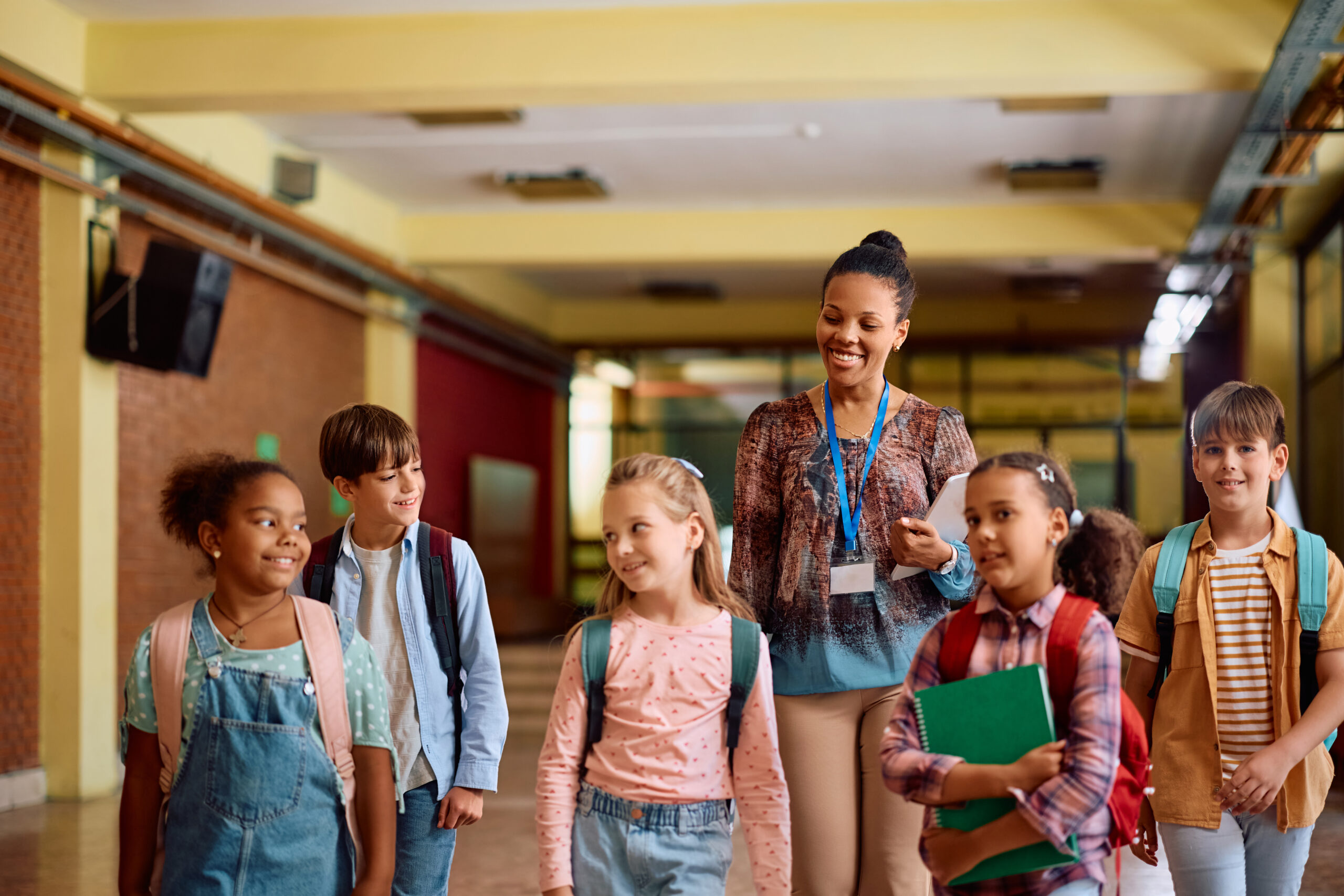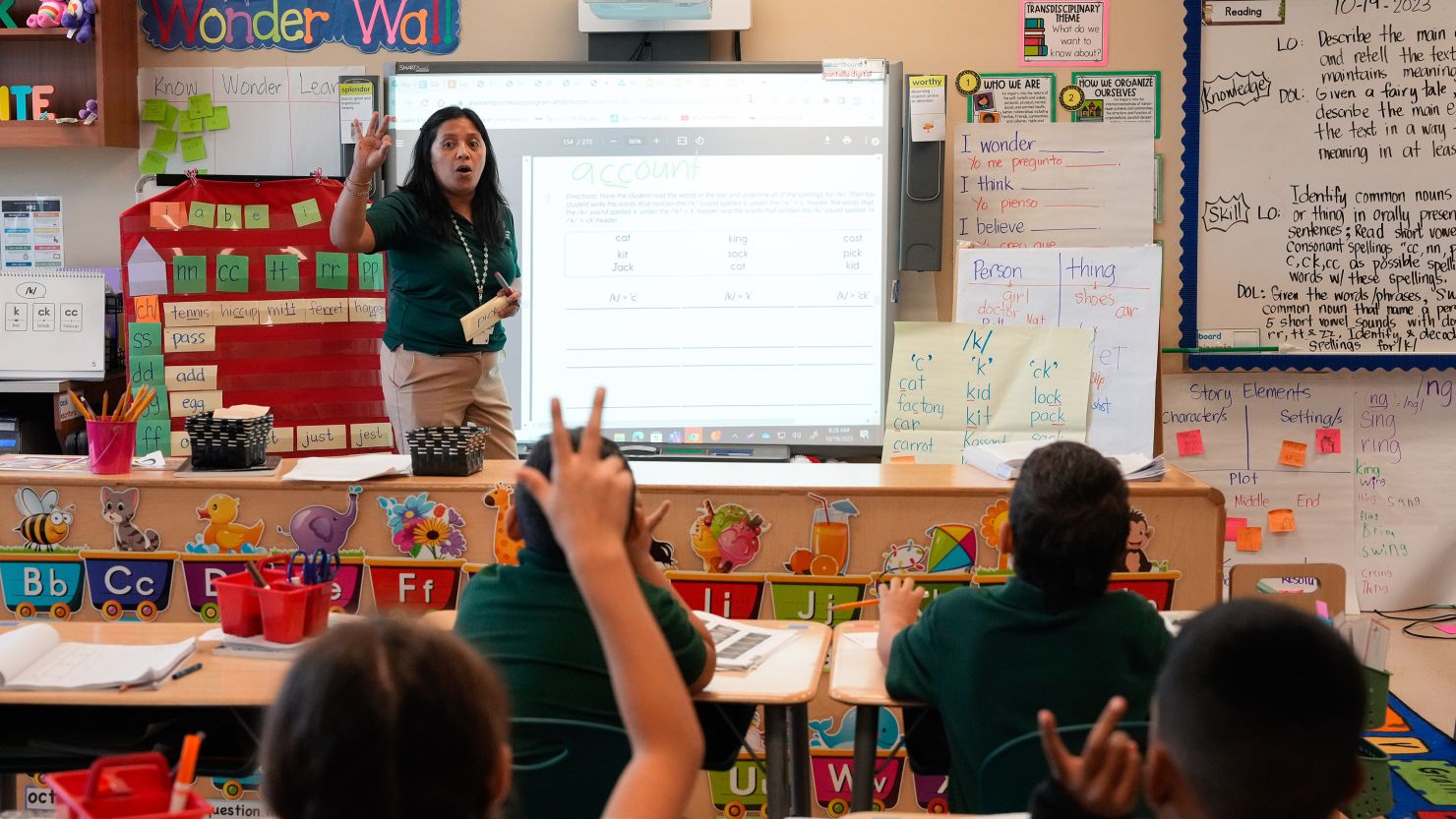Effective Kindergarten strategies for enhancing emotional intelligence
The Vital Role of Kindergarten in Youngster Advancement: Truths and Insights for Parents
Preschool works as an important foundation for child growth. It uses structured very early understanding experiences that substantially influence cognitive, social, and emotional development. Kids engage in tasks that enhance language abilities and important believing while also finding out to navigate social communications. Comprehending the impact of this developmental stage is essential for moms and dads. What particular advantages does kindergarten give, and exactly how can parents best sustain their children throughout this pivotal time?
The Value of Early Understanding Experiences
Many might underestimate the value of very early knowing experiences, they play a crucial role in forming a kid's cognitive, social, and psychological advancement. Throughout these formative years, youngsters engage with their atmosphere, getting language abilities and fundamental understanding that set the stage for future knowing. Exposure to diverse understanding activities promotes essential thinking, creativity, and problem-solving abilities.
Moreover, early discovering experiences help kids create self-regulation and durability, outfitting them to encounter obstacles ahead. Involvement in organized understanding settings urges inquisitiveness and expedition, crucial characteristics for academic success. These experiences likewise introduce children to routines and expectations, promoting a complacency and belonging.
Research has revealed that top quality very early education and learning can substantially affect long-lasting academic results, decreasing the possibility of learning difficulties. By emphasizing the importance of early learning, instructors and moms and dads can better support children within their complete capacity, ultimately adding to their total wellness and future achievements.
Building Social Abilities and Relationships
Structure social skills and creating relationships are important aspects of a youngster's advancement that frequently arise from very early knowing experiences. In preschool, kids take part in numerous activities that advertise communication, communication, and teamwork. They discover to share, take turns, and coordinate, which are foundational abilities for building partnerships.
Structured playtime and team projects urge kids to browse social dynamics, promoting an understanding of various point of views and the relevance of empathy. As they connect with peers, they practice dispute resolution and establish negotiation abilities, important for preserving friendships.
Additionally, these very early social interactions assist youngsters cultivate a sense of belonging and area, which is essential for their general health. By developing links with schoolmates, youngsters not only enhance their social skills however additionally obtain confidence in their ability to associate with others. Kindergarten serves as a crucial platform for nurturing social advancement and friendship-building.
Establishing Psychological Knowledge
Exactly how do young kids start to recognize their very own feelings and those of others? In the preschool setup, youngsters take part in numerous tasks that advertise psychological knowledge. With play, narration, and group discussions, they learn to recognize and classify their sensations. Educators frequently introduce ideas such as empathy by motivating kids to mirror on how others may feel in various situations.
Role-playing exercises permit children to practice identifying psychological hints, promoting an understanding of social dynamics. Additionally, guided discussions regarding dispute resolution help them browse their psychological reactions and develop dealing methods. By communicating with peers in structured settings, kids acquire insights right into the emotional landscape of their schoolmates, which improves their ability to create significant relationships.
Inevitably, kindergarten offers as an important platform for supporting emotional knowledge, outfitting kids with crucial skills for future social communications and psychological well-being.
Promoting Freedom and Confidence
In the preschool environment, kids not just enhance their emotional knowledge yet also begin to grow freedom and confidence. This crucial developing stage enables youngsters to make choices, fix troubles, and take duty for their actions. Engaging in activities that advertise freedom, such as picking their very own tasks or joining group projects, assists kids find out to trust their judgment and abilities.
As they navigate social communications, kids obtain self-confidence in expressing their emotions and thoughts. Private School. Support from instructors and peers cultivates a feeling of belonging, better boosting self-worth. Tasks that call for team effort and partnership likewise show kids to value their payments, strengthening their sense of proficiency
Getting Ready For Future Academic Success
As children engage in structured learning experiences throughout preschool, they lay an essential foundation for future scholastic success. This very early academic stage introduces critical abilities such as proficiency and numeracy, improving cognitive advancement and fostering a love for learning. Through interactive tasks, kids discover to follow guidelines, job collaboratively, and resolve problems, every one of which are crucial in greater academic settings.
In addition, kindergarten nurtures social-emotional abilities, allowing children to handle their feelings, develop compassion, and develop relationships with peers. These capabilities add substantially to a favorable class click here for info atmosphere and effective discovering.
Research shows that children who thrive in kindergarten are much more most likely to straight from the source carry out well in later qualities, demonstrating the lasting influence of very early education. Consequently, parents play a considerable duty in supporting their child's preschool experience by reinforcing discovering at home and motivating interest, thereby preparing them for a successful academic journey in advance.
Often Asked Concerns

What Should I Seek in a Great Kindergarten Program?
A good kindergarten program should stress play-based understanding, certified instructors, a risk-free setting, a balanced curriculum, possibilities for social communication, and parental participation. Evaluating these elements guarantees a nurturing area for children's very early growth and development.
Just How Can I Aid My Kid Transition to Preschool?

What Prevail Difficulties Children Face in Kindergarten?
Common challenges children face in kindergarten include separation anxiety, difficulty adjusting to structured routines, social skills development, and managing new connections. These issues can impact their overall adjustment and discovering experiences during this essential adjustment duration.
Just How Can Moms And Dads Support Preschool Understanding at Home?
Parents can sustain kindergarten learning in the house by offering a structured routine, involving in interactive analysis, motivating imaginative play, making use of instructional games, and promoting open interaction about institution experiences to enhance knowing and develop self-confidence.
What Is the Typical Daily Arrange in Preschool?
A regular daily great post to read routine in preschool consists of early morning circle time, structured knowing tasks, treat breaks, play, and story sessions, all created to cultivate social skills, imagination, and fundamental scholastic principles important for early advancement.
In the preschool setup, youngsters involve in numerous activities that promote emotional intelligence. As children engage in structured knowing experiences throughout preschool, they lay a crucial structure for future scholastic success. Preschool supports social-emotional abilities, making it possible for youngsters to handle their feelings, create compassion, and construct partnerships with peers. Study shows that youngsters that prosper in preschool are a lot more likely to carry out well in later grades, demonstrating the long-term impact of very early education and learning. Usual obstacles kids deal with in kindergarten include splitting up anxiousness, trouble adapting to structured routines, social abilities advancement, and handling new relationships.